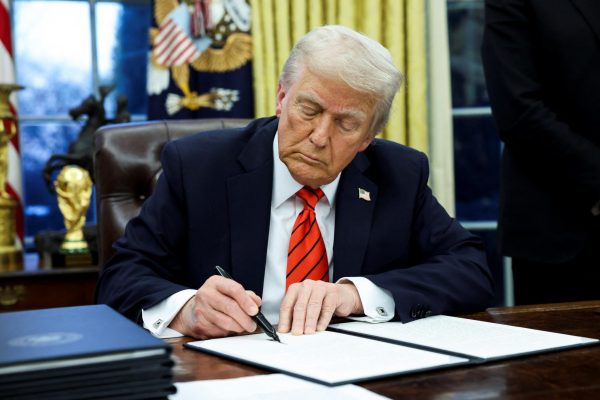A VOTE FOR CLIMATE CHANGE EDUCATION
SHS staff and community react to revised ID science standards

The controversial topic of climate change was addressed and resolved during the Idaho Senate Education Committee vote regarding science standards on February 22, where the Senate passed a vote (6-3) to include references to climate change in the new science standards.
The Senate’s vote contradicted the House’s movement to eliminate mention of climate change altogether. This committee made a motion to omit areas in the science standards that discussed human impact on global warming, as well as the impact of nonrenewable energy sources on the Earth’s environment.
Several climate experts and high school science teachers alike agreed that climate change, the warming of the Earth, is in large part due to man-made impacts such as the burning of fossil fuels and deforestation among other contributing factors, and argued towards the inclusion of references to climate change in the new Idaho Science Standards.
Various versions of the draft have been written in order to appeal to the vast majority opinion of climate change in relation to state science standards, and had been a widely debated issue since 2016.
SHS Chemistry teacher Mamie Brubaker voiced her opinion on the matter, and shared her hopes surrounding the next generation of science standards.
“I feel like, had the House Committee been able to take out some of that language because it was considered by some to be controversial, that what they’re doing is taking away some of the intellectual level of the science standards and removing some important content that students need to have,” Brubaker said. “It would put students in Idaho at a disadvantage to not understanding basic science principles.”
These new science standards will be in place for the following five years, as standards are revised every six years. Brubaker explained that she had high hopes for the potential new generation of science standards as formulated by not only teachers, but scientists and legislators alike.
“Like any set of standards, it’s a dynamic thing, you are always supposed to be improving on it and adding to it,” Brubaker said.

Sofia Kriz is a junior and it is her first year on staff. She is the news editor.





